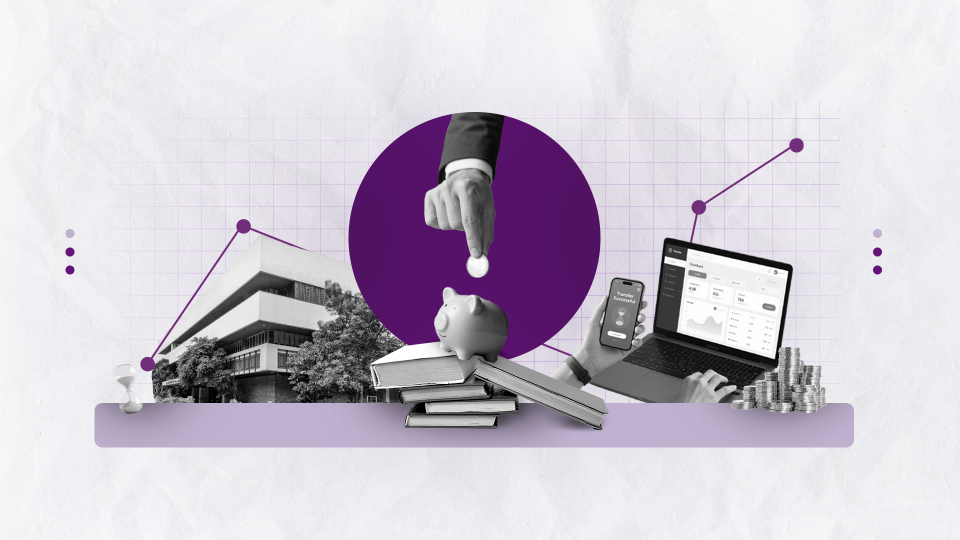The AIM Advantage: Where Executive Education Creates Lasting Value
By: Ivy Rose D. Samson, PhD
Continuous Education: Why Lifelong Learning Matters in the New World of Work
In today’s new ways of work, job roles and functions have changed. Some competencies required to fulfill specific jobs have been redefined, along with the work conditions where jobs are expected to be performed. The “new” in the ways of work is closely associated with technological innovation, which characterizes our current time where employees can now work in more mobile, faster, and less bounded spaces since technologies have been developed to be both portable and interconnected.
This shift in the workplace with new ways of working requires an even greater emphasis on professional development and education. Individuals, employees, and business leaders need to acquire new knowledge and master new skills to stay competitive. Therefore, everyone should constantly be learning and gaining new knowledge and skills. Everyone should continuously develop their passion to improve themselves with an attitude of being a lifelong learner. Everyone should shift their paradigm from “continuing education” to “continuous education.”
Continuous Education vs. Continuing Education
Continuing Education describes the process of learning that enables the learner to comply with the laws, standards, and certifications that allow them to remain licensed and working within their current profession.
Continuous Education describes a lifelong mindset of perpetual self-improvement and infinite skill-building. The former builds your résumé. The latter allows you to expand your value and relevancy in the workplace; it enables you to become more qualified so that you can progress to higher levels within your profession; and it empowers you in learning about the things that you are passionate about.
The Meaning of Continuous Education and Lifelong Learning
Sometimes referred to as Lifelong Learning, Continuous Education ranges from getting the requirements to take the next step in an individual’s professional life to learning and pursuing research based on the individual’s interest. It is an educational term that refers to the “ongoing, voluntary and self-motivated pursuit of knowledge for either personal or professional reasons.” (Ireland Department of Education and Science, 2000). It is important for an individual’s competitiveness and employability, but it also enhances social inclusion, active citizenship, and personal development.” (Commission of the European Communities, 2006)
Continuous education serves everyone—the individual, the employee, and the business leader. No matter the industry or management level, everyone can reap the benefits of continuous education by accessing the doors of professional development and lifelong learning today to prepare for the challenges and opportunities of tomorrow. By embracing continuous education, the individual builds new knowledge and masters skills in a specific discipline that they are passionate about.
From Compliance to Passion-Driven Learning
Instead of simply pursuing continuing education credits to retain a certificate or licensure in the current profession, one may choose to embrace continuous education to build and master new knowledge and skills—both hard skills and soft skills—in a discipline or a specialized area of passion. Although the courses offered for this type of education are short, they are relevant and crucial, especially in business.
The good news is that more and more educational institutions are offering short course programs. But with so many options available, the real challenge lies in finding programs that go beyond surface-level training and truly deliver impact—not just for professional compliance, but for personal and organizational growth. This is where the Asian Institute of Management (AIM) takes a different approach.
Continuous Education at AIM-SEELL
At the Asian Institute of Management, the courses for continuous education by the School of Executive Education (SEELL) are not just designed to be “one-day wonders” or “off-the-shelf” training programs where individual learners gain only new knowledge and skills.
At AIM-SEELL, the learning process is ladderized yet flexible, enabling individuals to earn learning credits that can lead to academic recognition with a Postgraduate Certificate in an area of concentration they wish to pursue. This means learners have the freedom to choose their own discipline—whether related to their current practice or not—and design the order of priority subjects according to their passion for learning.
For example, an individual working in engineering may wish to explore artificial intelligence and machine learning. Because SEELL believes that learning should be learner-led, they may take up courses in this field. What makes this approach more powerful is that each course carries equivalent credits that can be stacked towards a Postgraduate Diploma in Management. With programs delivered in flexible formats, learners can continue to work while advancing their knowledge and qualifications.
This learner-centered track reflects the tenet that AIM-SEELL upholds in offering continuous education: empowering individuals to expand their competencies, strengthen their credentials, and open doors to new career opportunities, advancement, and higher earning potential.
To further support diverse learning needs, AIM-SEELL offers a customized and personalized approach through its different units:
- Open Enrollment Programs (OEP): for individual learners
- In-House Programs: for exclusive groups availing of OEP courses
- Custom Corporate Programs: tailored for private sector organizations
- Custom Government Programs: designed to build capacity in the public sector
- International and Partnerships: collaborative programs with global institutions
The Asian Institute of Management School of Executive Education and Lifelong Learning (AIM-SEELL) is ranked #7 in Asia by the Financial Times for Executive Education in 2025, and was also recognized as Asia’s #1 Fastest-Growing Executive Education Provider by the Financial Times in 2025.
Why Continuous Education is the Future of Work
In a world where constant change is the name of the game, being a perpetual learner has several advantages. As you uncover new ideas and technology, you must keep up with modern competencies needed in the new ways of work. Otherwise, you risk falling behind.
Continuous education assists every individual and organization in scaling up tremendous growth and achieving professional success. At the Asian Institute of Management, we offer postgraduate courses that advance this purpose. Explore our open enrollment courses for ways to start your lifelong learning journey.[AG4]
References:
Commission of the European Communities. (2006, October 23). Adult learning: It is never too late to learn (COM(2006) 614 final). Brussels: Commission of the European Communities. https://eur-lex.europa.eu/legal-content/EN/TXT/?uri=CELEX%3A52006DC0614
Department of Education and Science. (2000, July). Learning for life: White paper on adult education [Report]. Education Resources Information Center. https://eric.ed.gov/?id=ED452370


